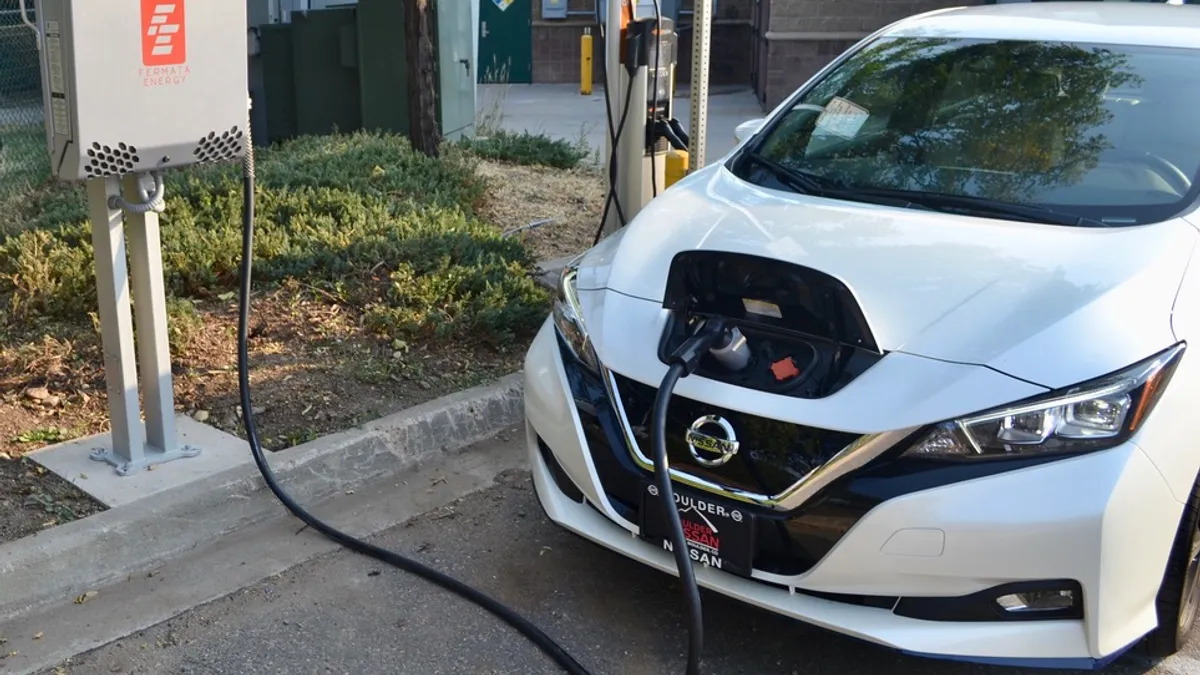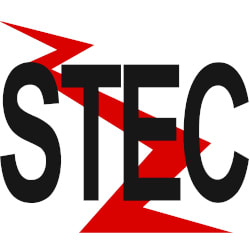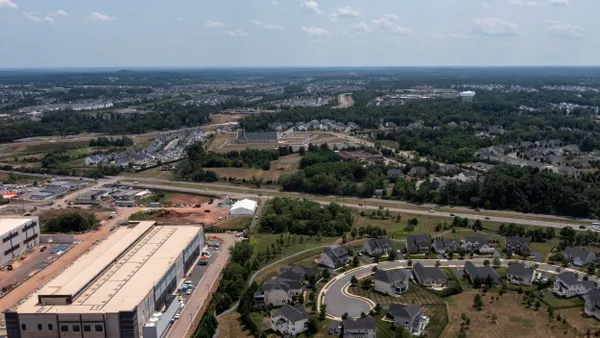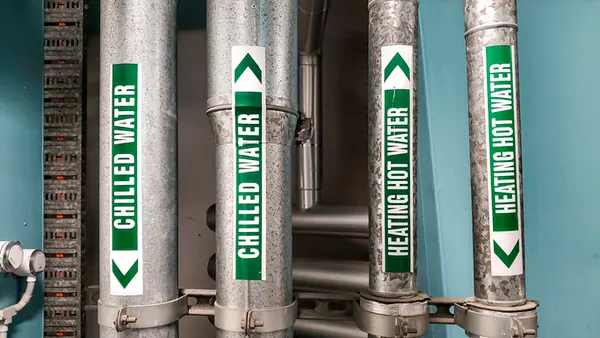Dive Brief:
- With at least 42% of the votes counted, 59% of California voters have rejected Proposition 30 which would have raised $3 billion to $5 billion a year to advance transportation electrification and reduce wildfire dangers in the state. The money would have come from a 1.75% tax on personal annual income over $2 million starting next year and running until 2043.
- Governor Gavin Newsom, D, opposed the measure, stating it was an attempt by Lyft to get its drivers’ EVs subsidized. But former Senator Fran Pavley, author of key climate legislation enacted in California, insisted the measure was necessary to slash emissions from the state’s most polluting sector: transportation.
- At least half of the money from Proposition 30 would have benefitted those who live in heavily polluted areas, low-income communities or both, according to the State’s Legislative Analyst’s Office, or LAO.
Dive Insight:
California’s Proposition 30 was heavily contested, with polls before the election unable to predict the outcome.
The Climate Center’s Energy Program Manager, Woody Hastings, a proponent of the measure, considered it dead Wednesday morning.
“Transportation remains the number one source of climate pollution in California, and we have to make clean vehicles and charging more accessible to people across the state to have any chance of a climate-safe future,” Hastings said. Proponents “will continue to organize for accelerated, equitable climate solutions that protect our communities — and we will keep fighting to make sure billionaires pay their fair share,” he added.
Gov. Newsom campaigned against the measure, while former Senator Pavley, author of the Clean Cars Act and other key state climate bills, supported it.
Newsom and other opponents claimed that Lyft was pushing the measure to get its drivers’ EVs subsidized to comply with the California Air Resources Board rule adopted in May that requires 90% of ride-hailing service vehicles be electric by 2030. The No on Proposition 30 campaign said the measure is not about clean air and wildfires but is “a flawed and corporate carve-out scheme to further line the pockets of Silicon Valley tech billionaires.”
California’s investor-owned utilities did not take a public stand on the proposition, according to their spokespersons. The California Public Utilities Commission has approved well over a billion dollars in ratepayer funding for charging stations installed by Pacific Gas & Electric, Southern California Edison and San Diego Gas & Electric.
Most of the new money from the ballot measure — 80% — would have subsidized residential, commercial and government purchase of electric vehicles, both light duty and larger classes of vehicles, along with charging stations. EVs and charging stations would have gotten an annual infusion of $2.8 to $4 billion, according to the LAO.
The remaining 20% of the funds raised annually would have primarily funded the build up of the state’s firefighter workforce.
California has already committed to spending $10 billion over a five-year period on zero-emission transportation.
The LAO concluded that Proposition 30 would not have noticeably increased the purchase of EVs in California overall because the sale of new gas-powered vehicles will be prohibited starting in 2035, but would have shifted who pays for the vehicles.














